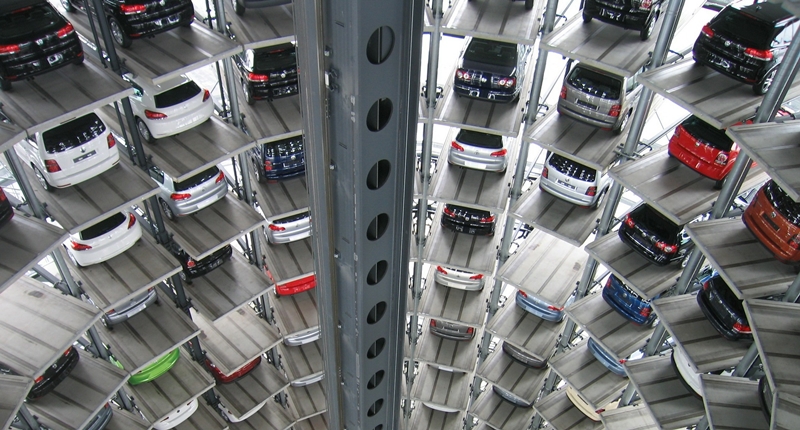Traditionally, the automotive industry’s primary focus has been on providing bigger, better and faster cars. In a world shaped by the Internet of Things (IoT), we are seeing a major shift in what customers want from their car and the associated driving experience.
Coetzee, points out that technological advance within the automotive industry as well as the consumer space is forever changing the relationship between the two. The report outlines how the customer lifecycle has changed over the years and how the industry needs to address this when moving forward.
No ad to show here.
“If you were to speak to car manufacturers years ago, they would almost always tell you that the most important aspect of their work was the product,” says Coetzee. But this is no longer the case. While the final product is still extremely important, it has become essential for manufacturers to consider their customers’ wants and needs, at every point of the process – from design of the car to their communication mechanisms after a sale has been made.
Interconnected communication is key
In today’s digital world, with newer and more effective ways of directly communicating with connected customers, it becomes critically important for businesses to engage with their customers in a more meaningful way.
“Customers are looking to communicate with businesses in different ways,” Coetzee explains, “While connectivity within the industry is a primary interest, it is also important to these customers that communication is a key focus.”
Ensuring good customer relationships
Increasing pressure to deliver consistent customer service across all touch points is keeping business on its toes. Customer Relationship Management (CRM) has started to recognise the evolving customer and is meeting them halfway, when it comes to maintaining personal relationships.
A focus on customer centricity requires a deep knowledge of customers, which is where big data and data analytics have started to play a major role. Collecting the data is the easy part, making sense of it and creating a path to better business is where the focus needs to lie.
The automotive industry is now approaching the challenge of digital disruption very differently, in order to forge a connection with those that matter most – their customers. By always having customers in mind, the quality and relevance of their products and service will follow.
